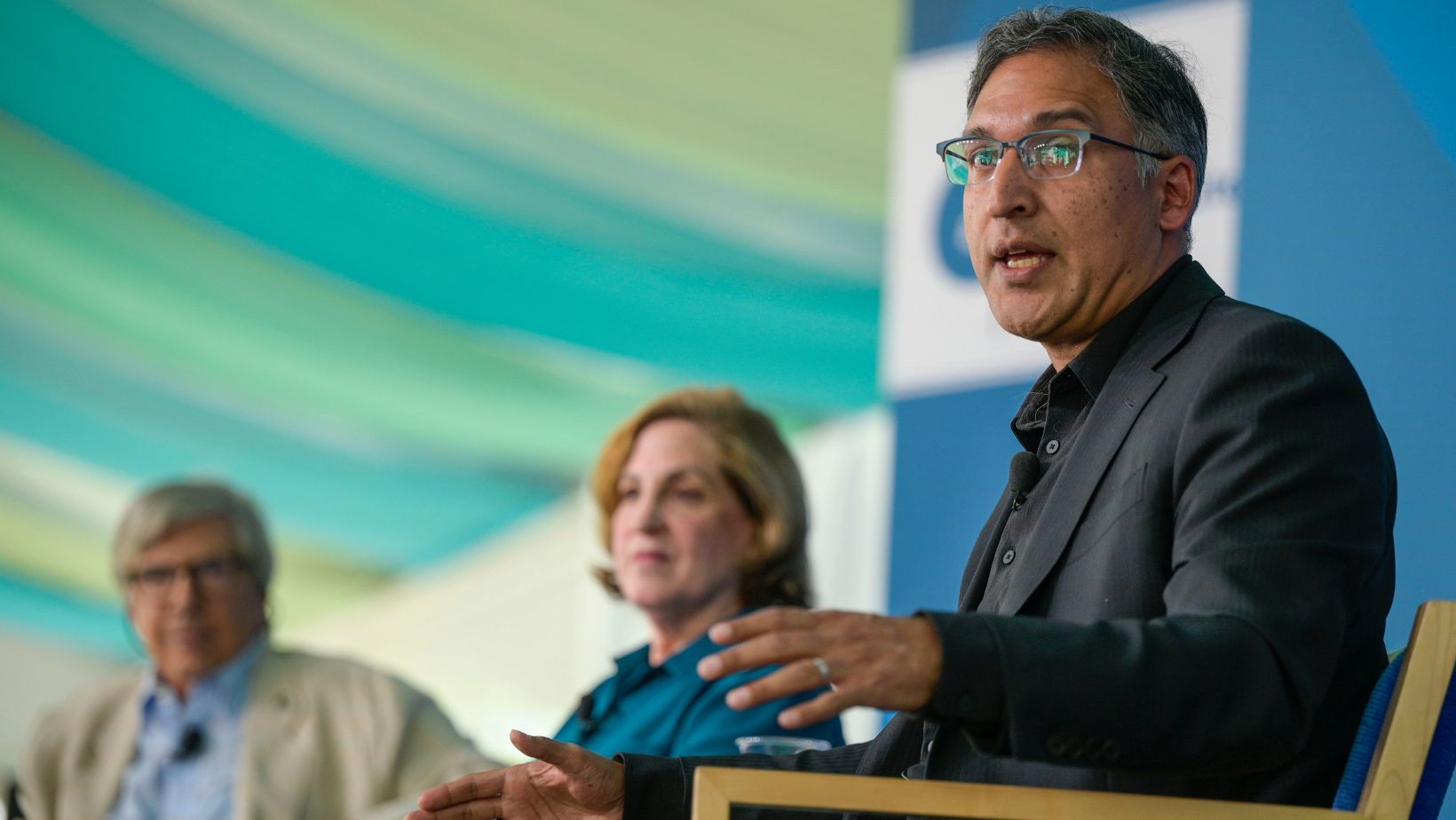As voters head to the polls once again today, let us consider how we might improve our electoral system to increase turnout and trust in our government. At the founding of the Republic, wise men like Thomas Jefferson, John Adams, and James Madison worried about how to manage democratic governance. They wanted government to ensure the well-being of the citizens while protecting against “tyranny of the majority,” otherwise known as mob rule. To do this, they limited direct democracy by banning many residents from voting (women, slaves), having state legislatures elect senators, and by creating the Electoral College to elect our president. Only one of these limitations, the Electoral College, remains, and it is time to abolish it.
The Electoral College disenfranchises millions of American voters because of the “winner take all” approach in 48 of 50 states. There are many states that have voted for the same party’s candidate for decades, and the minority party voters in that state are effectively stripped of their ability to influence the election.
There are a few states that are truly up for grabs like Ohio, Florida, and Virginia, but why should partisan demography determine one’s political power? In my home state of Kansas, which votes predictably Republican in national elections, the Democratic voters are second-class citizens in presidential contests. The same is true for Republican voters in states like New York. And when voters have less incentive to vote in the presidential race, the impact on down-ballot races is significant.
There is no question that our democracy needs rejuvenation. Government reform could come through addressing a myriad of issues, like campaign finance reform, proper and objective congressional redistricting, and others. Nonetheless, the 2016 campaign again demonstrates the folly of the Electoral College, which effectively means that there is no such thing as a 50-state strategy, and the national interest suffers.
Apologies to my friends in the swing states, but this system leaves people in a majority of states effectively disenfranchised. The impact of voter turnout and political participation is only awarded to folks in those privileged states. For a democratic political system to be resilient it must be built on the trust of all citizens.
American democracy is ailing. Americans lack trust in government institutions, officials, the process, candidates, you name it — they don’t think it’s “on the level” and representative of all the people: north, south, east, and west, and across social classes. The forces of globalization, income inequality, terrorism, and social change are creating challenges that government is not adequately addressing. In order to rejuvenate government, the American people must become more active participants in elections. There is no better way to improve participation than to abolish the Electoral College, an unnecessary relic of a bygone era.
The current chaotic primary election process and presidential candidate debacles have not necessarily instilled confidence in our political system. Nonetheless, democracy is often messy and the American public usually can wade through the mud and figure out what leadership is best for them. But electing a president is serious business and our country only works when the people have faith in our system and election process. Electing a president by national popular vote is necessary to restore that faith.
Dan Glickman is the executive director of the Aspen Institute Congressional Program, a nongovernmental, nonpartisan educational program for members of the United States Congress.

